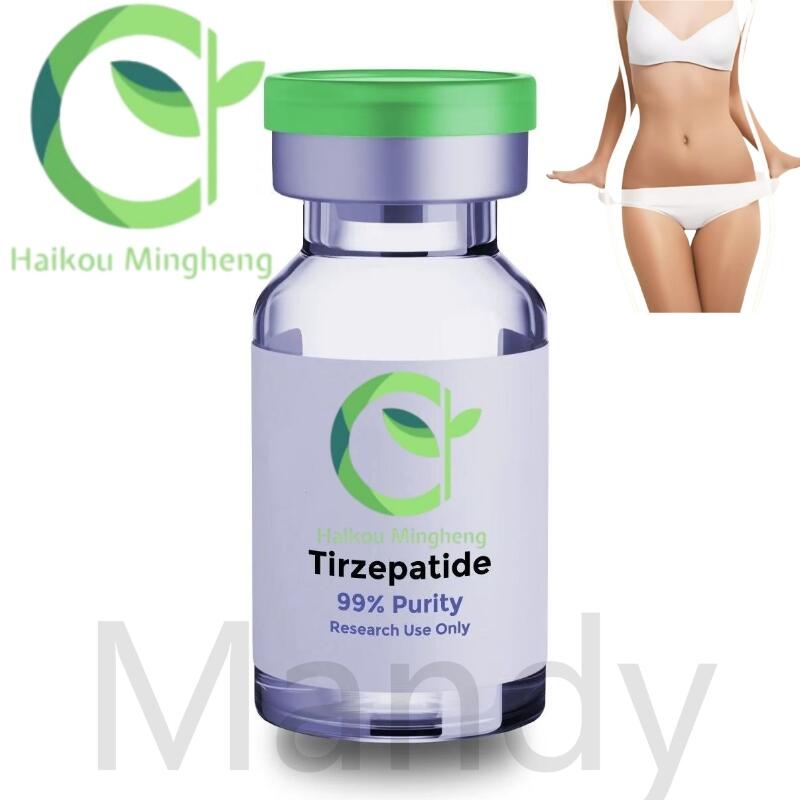Bee venom may have anti-cancer effect
-
Last Update: 2014-11-05
-
Source: Internet
-
Author: User
Search more information of high quality chemicals, good prices and reliable suppliers, visit
www.echemi.com
Bee venom, snake venom or scorpion venom sound more like a health nightmare than a therapy, but a new study shows that they can actually be used to make anti-cancer drugs Injections of pure venom can have catastrophic health consequences, but researchers say they have found a way to avoid these problems They extract the "useful" proteins and polypeptides in the venom, so that they are specifically targeted at cancer cells, while avoiding healthy cells, so eliminating the harmful effects of toxins usually has on one's health "We've safely made toxins into nanoscale particles in the laboratory to deal with breast cancer cells and melanoma cells," the study's author, dipanjan pan of the University of Illinois at champagne, said in a statement Previous studies have suggested that the venoms of snakes, bees and scorpions contain proteins and peptides that can be attached to cancer cell membranes, which may prevent the growth and spread of cancer However, scientists have been unable to use these promising anti-cancer properties to make them into a drug, because the injection of venom may cause serious side effects, such as damage to heart muscle and nerve cells, hemagglutination or subcutaneous hemorrhage This is the origin of new research When pan and his team examined bee venom, they found a substance called melittin, which can prevent cancer cells from multiplying However, the amount of this substance produced by bees is very small, so it is not practical to extract it for laboratory testing and clinical use; instead, researchers synthesized melittin in the laboratory, and then injected the synthetic toxin into tiny nanoparticles "Peptide toxins adhere tightly to nanoparticles, and they don't penetrate into the blood to cause side effects." Pan said These synthetic peptides act directly on tumors and adhere to tumor stem cells, blocking their growth and transmission - at least in the laboratory Pan said he would then test new treatments in mice and pigs, eventually in human patients over the next three to five years The study was presented at the 248th National Conference of the American Chemical Society (ACS) ACS also released a video explaining its principles.
This article is an English version of an article which is originally in the Chinese language on echemi.com and is provided for information purposes only.
This website makes no representation or warranty of any kind, either expressed or implied, as to the accuracy, completeness ownership or reliability of
the article or any translations thereof. If you have any concerns or complaints relating to the article, please send an email, providing a detailed
description of the concern or complaint, to
service@echemi.com. A staff member will contact you within 5 working days. Once verified, infringing content
will be removed immediately.







